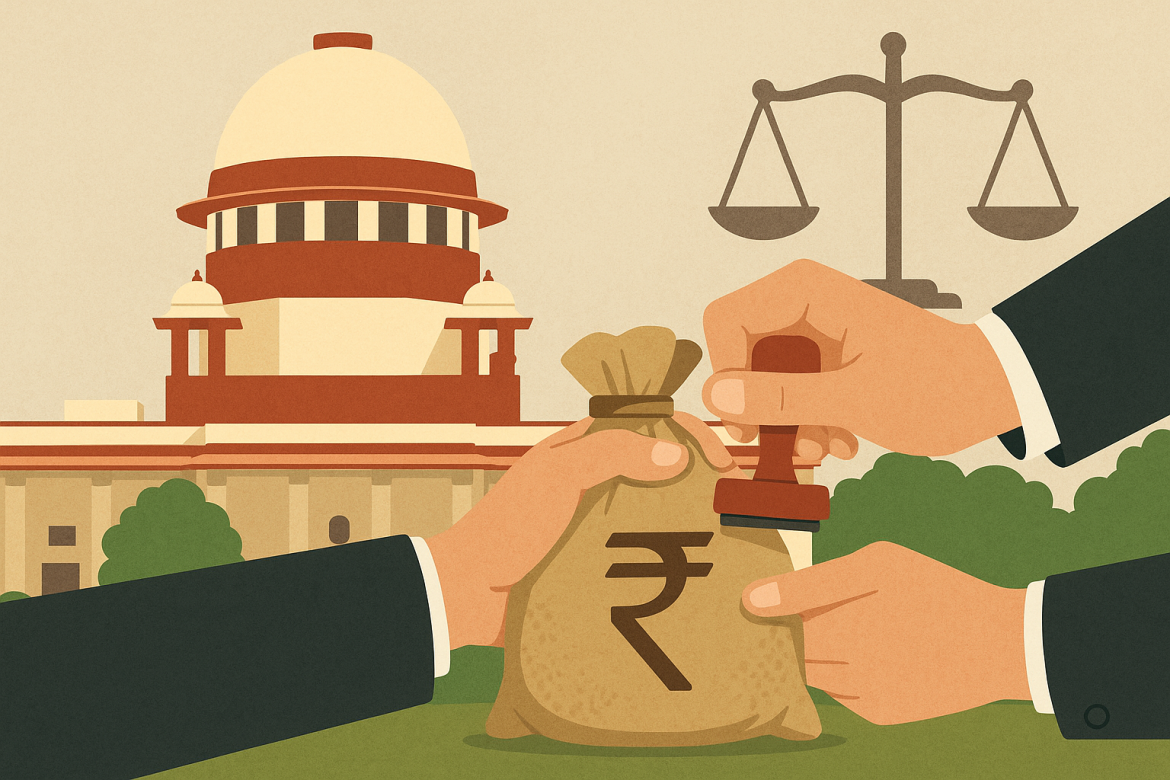India’s top court has introduced a rare turning point in the country’s approach to large financial crime cases by allowing billionaire brothers Nitin and Chetan Sandesara to avoid criminal prosecution if they repay part of what they owe.
The decision is tied to a long-standing $1.6 billion bank fraud case involving loan defaults across Indian banks.
The brothers fled India in 2017 using Albanian passports while denying any wrongdoing.
The order, published on the Supreme Court website on Friday, is now drawing attention because it sets a December 17 deadline for a $570 million settlement and signals a possible shift in how India deals with fugitive economic offenders.
Settlement path in bank fraud dispute
According to the court order, the Sandesara brothers said they were willing to repay a third of their dues to close the case.
Their lawyer, Mukul Rohatgi, told the court his clients wanted all proceedings quashed once the settlement amount was paid.
The order confirmed the repayment figure and recorded their intent to settle to end all pending actions against them.
The case dates back to accusations that the brothers defaulted on domestic bank loans before leaving India in 2017.
Their businesses once spanned sectors including pharmaceuticals and energy.
Court filings reveal that they travelled on Albanian passports and have consistently denied any wrongdoing while defending themselves in multiple jurisdictions.
Fugitive economic offenders list under scrutiny
The brothers are among 14 people designated as fugitive economic offenders under a 2018 Indian law aimed at tackling large-scale financial crimes.
The designation allows authorities to freeze assets and pursue cases even when the accused have left the country.
Other individuals in the category include Vijay Mallya and Nirav Modi, who deny fraud allegations.
Despite facing action at home, the Sandesara family continues to run overseas operations.
Their Nigerian company, Sterling Oil Exploration and Energy Production, says on its website that it contributes 2.5% of Nigeria’s federal revenue.
This international footprint has kept their financial dealings in global focus while the India case remained unresolved.
Legal debate on settlement model emerges
The ruling has sparked discussion among legal experts about whether such settlements could become more common.
Some see the move as an indication that financial penalties may increasingly be used to close complex economic offence cases.
Supreme Court lawyer Debopriyo Moulik said in a Reuters report that similar practices exist in other countries where fines are accepted instead of trials.
However, the approach raises questions for lenders, who may recover only part of their dues in large fraud cases.
Implications for future fraud cases
The case could influence how other economic offenders approach the legal process.
With a December 17 deadline now set, the outcome will be closely watched by banks, enforcement agencies, and lawyers handling similar disputes.
The ruling presents a potential template for future settlements, especially in cases involving cross-border elements and significant financial losses.
The post Indian Supreme Court clears path for Sandesara brothers to settle $1.6B bank fraud case appeared first on Invezz

